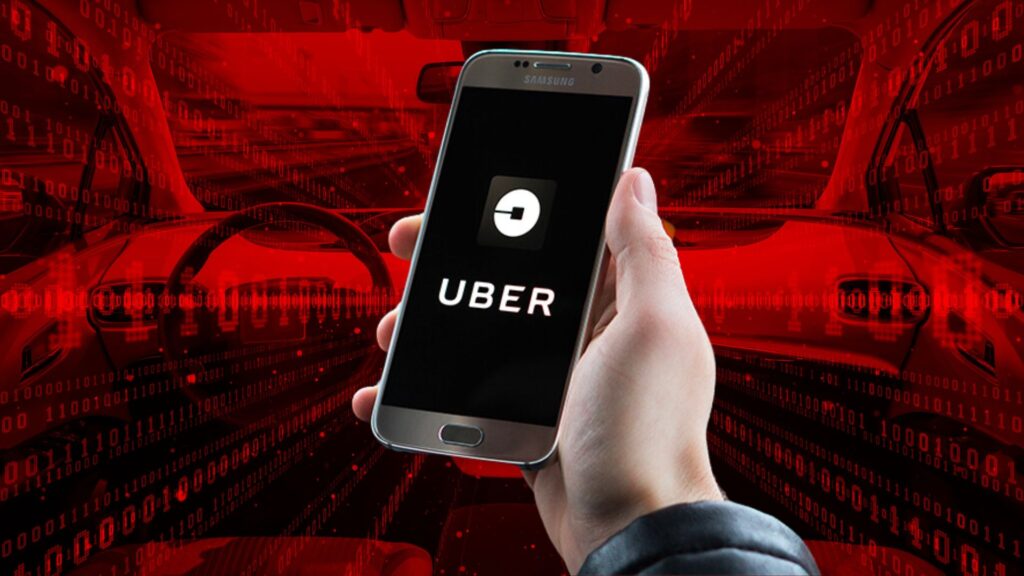
Uber Shares Drop Despite First Operating Profit, While Blockchain Ridesharing Offers a Decentralized Alternative
Uber Reports Slowing Growth and First Operating Profit
Uber recently reported its Q2 2022 earnings, which showed slowing revenue growth and a miss on analyst estimates. However, the company posted its first-ever quarterly operating profit of $364 million. The results led Uber shares to fall over 5% as investors reacted to the revenue miss despite strong guidance.
Uber generated $9.23 billion in revenue, up 14% year-over-year but lower than expectations of $9.33 billion. Gross bookings grew 16% to $33.6 billion, driven by a 25% increase in mobility and 12% rise in delivery bookings. Monthly active users now total 137 million, up 12%.
The quarter marked a major milestone for Uber as it achieved its first quarter with over $1 billion in free cash flow and first GAAP operating profit. CEO Dara Khosrowshahi stated the company plans to be profitable going forward each quarter.
However, growth is slowing for Uber as the rebound from the pandemic levels off. One notably weak area was its freight business, where revenue declined 30% due to lower shipping volumes and rates. The company also faces an increasingly complex regulatory environment, especially in California where the AB5 gig worker law aims to force companies to treat workers as employees.
Blockchain Ridesharing Emerges as Decentralized Alternative
As Uber grapples with these issues, a growing number of blockchain-based ridesharing platforms offer a decentralized alternative. These platforms utilize blockchain technology to connect riders and drivers peer-to-peer without a central intermediary.
Blockchain ridesharing platforms like Arcade City and Drife argue they can provide a more equitable and efficient system. By cutting out the middleman, drivers earn more while riders pay lower fares. Smart contracts enable automated ride matching, payments, and dispute resolution without a central authority.
Additionally, blockchain improves security and privacy through encrypted data transmission and storage. Rider and driver identities can be verified in a decentralized manner, reducing risks of data breaches that have impacted Uber. The transparent and immutable record on the blockchain also prevents fraud.
Major Hurdles to Mainstream Adoption
However, decentralized ridesharing faces substantial challenges around scalability, integrating with current infrastructure, unclear regulations, and user adoption of new blockchain-based platforms. The technology and UX would need to advance considerably to reach mainstream adoption.
The Future Looks Promising but Uncertain
But looking ahead, the transparency, security, and efficiency benefits of blockchain technology point to a promising future for the ridesharing industry. As platforms like Arcade City seek to expand globally, the next few years will be pivotal in determining whether decentralized ridesharing can disrupt the Uber model.
Sources




